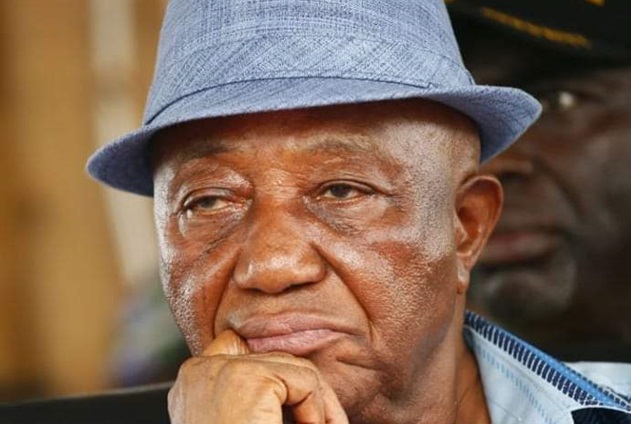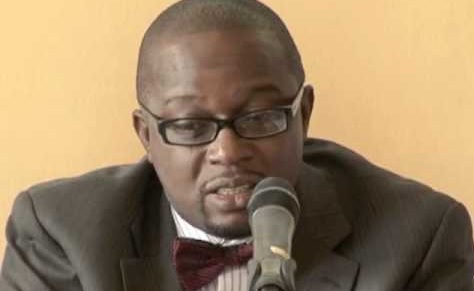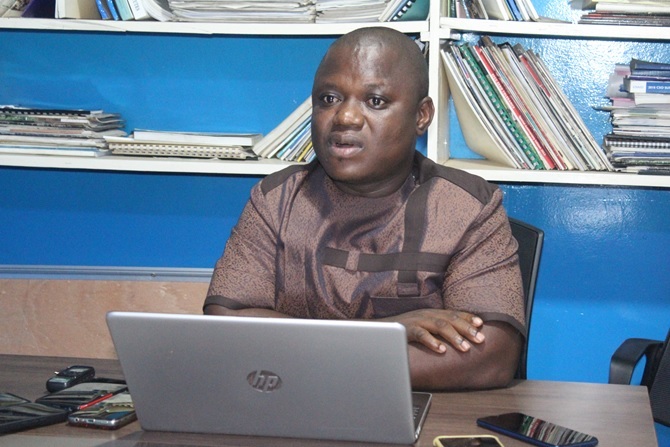The situation regarding war crimes in Liberia has been a topic of discussion recently. Liberia’s new President, Joseph Boakai, has expressed his country’s readiness to establish a war and economic crimes court.
However, critics argue that not much progress has been made in terms of taking legal action. President Boakai has faced criticism for making public statements about the war crimes court before initiating the necessary legal procedures.
Currently, a resolution passed by the House of Representatives has been sent to the Senate, which in turn has referred it to a committee room. Some critics view this as a ploy to create an impression of seriousness to the international community without actually taking concrete steps.
It is worth noting that Gen Prince Johnson, the main war crimes suspect who played a role in President Boakai’s election, has not faced legal consequences. This has led many to question President Boakai’s true intentions and speculate that he may be playing games with the public. How could a President who wants to prosecute war crimes get support from the main suspect?
The situation surrounding the establishment of a war and economic crimes court in Liberia is complex and continues to evolve. It remains to be seen how President Boakai and the Liberian government will navigate this issue and whether they will take concrete actions to address the war crimes situation.
Meanwhile, a major supporter of President Boakai, former Auditor General of Liberia, John Morlu, recently made a post, stating that there will be no War Crimes Court or Economic Crimes Court in Liberia.
He dismisses the discussions surrounding these courts as “much ado about nothing” and claims that it is just empty talk and political rhetoric. Morlu believes that only three people in the United States are pushing for these courts in Liberia.
Morlu suggests that if the current President, JNB, truly wanted these courts, he would take action instead of just talking about it. According to Morlu, a simple letter to the United Nations would suffice. However, Morlu is confident that these courts will not be established, calling it wishful thinking and a waste of time.
Morlu emphasizes the need for results and a “just do it” attitude. He believes that holding onto the idea of a war and economic crimes court that President Joseph Nyuma Boakai does not want will only bring disappointment. Morlu advises cutting losses on this matter and focusing on more practical endeavors.







